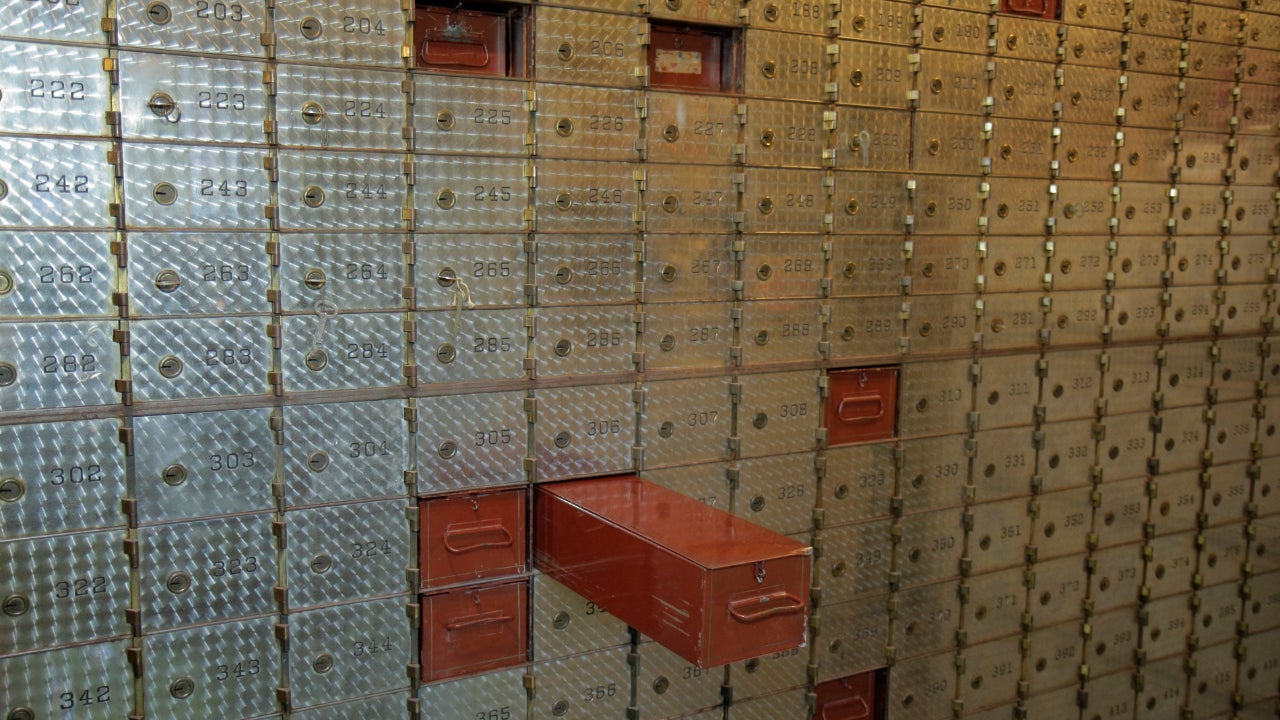International
Europe wants a centralized safe deposit and crypto wallet database. No more privacy

If you thought you could keep some personal property or a small secret in safe deposit boxes, you are wrong. Nothing can escape Brussels’ “eye of Sauron.” As ItaliaOggi reports, a centralized Europe-wide registry will be created that will contain the names and surnames of holders of safe deposit boxes, current accounts, and also cryptocurrencies.
This system will be accessible to competent authorities during investigations related to money laundering and terrorist financing. This is provided for in the new anti-money laundering directive, finally approved this week by Coreper, the Committee of Permanent Representatives of the Governments of the Member States of the European Union, the main preparatory body of the EU Council.
The directive, which was agreed upon at the end of January as part of the anti-money laundering legislation and part of what constitutes Amla, the anti-money laundering authority, will now have to be formally approved by the Council and the European Parliament before being published in the Official Journal of the
A positive purpose, but the fallout is unpredictable
Delayed access to information by financial bureaus and other competent authorities on the identity of holders of bank and payment accounts, securities accounts, crypto-asset custodial accounts, and safe deposit boxes, especially anonymous ones, “hinders the detection of money laundering and terrorist financing-related fund transfers,” explains the directive, which includes coordinating rules on the functioning of FIUs within member states. “It is therefore essential to establish centralized automated mechanisms, such as a registry or data retrieval system, in all member states as an efficient means of obtaining timely access to information on the identity of holders” of bank and payment accounts, securities, cryptocurrency accounts, and safe deposit boxes.
At the same time, this choice comes to erase any form of banking confidentiality, even the minimal one of safe deposit boxes, so it is to be expected that the main effect will be the explosion of this kind of service in states and authorities that do not respond to this centralized information center. Furthermore, how will control of peer-to-peer cryptocurrency transactions be maintained? Mystery
Fast-track information
The purpose of this mechanism is clear: by interconnecting the centralized automated mechanisms of member states, national FIUs will be able to quickly obtain cross-border information on the identity of holders, allowing them to strengthen “the ability to perform financial analysis effectively and cooperate with their counterparts in other member states.”
EU states will have to set up single access points for information within 2 years from the date of transposition of the directive, a deadline by which they will also have to make information on beneficial ownership available.
In reality, the effectiveness of these measures will be greatest toward ordinary people, but least toward those who really have something to hide and who will move their interests elsewhere or use front men. Instead, people who risk simple crimes of opinion will be fully exposed.






